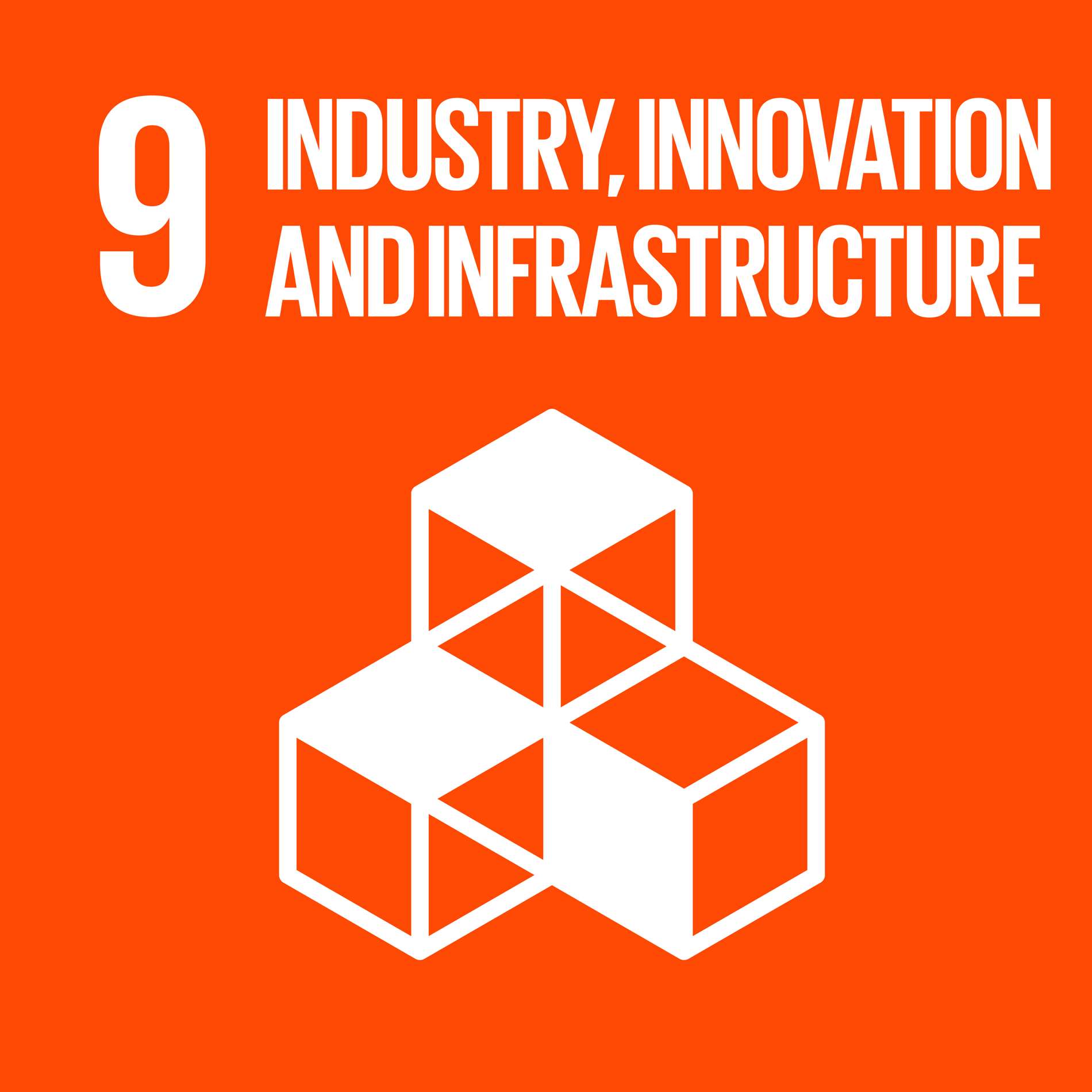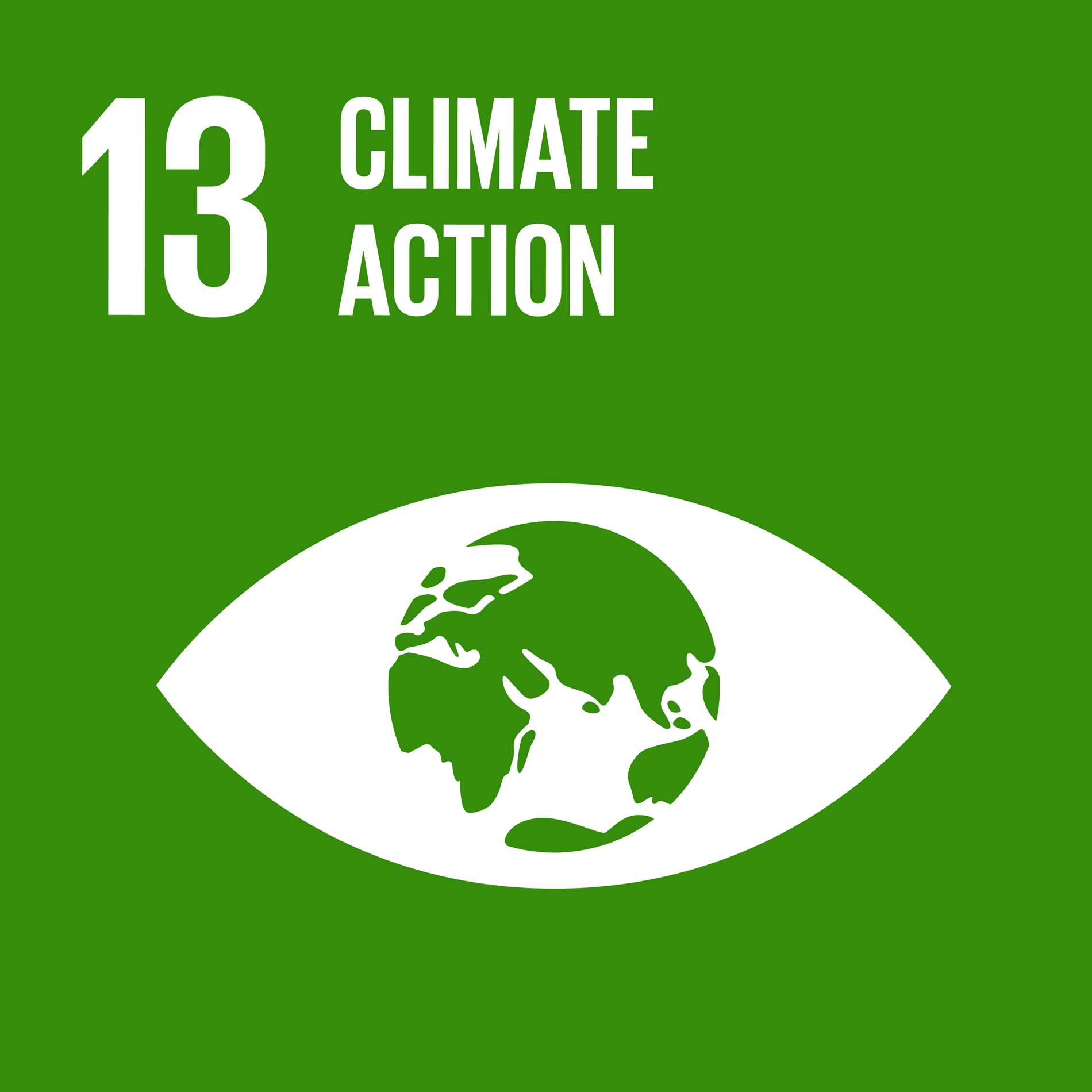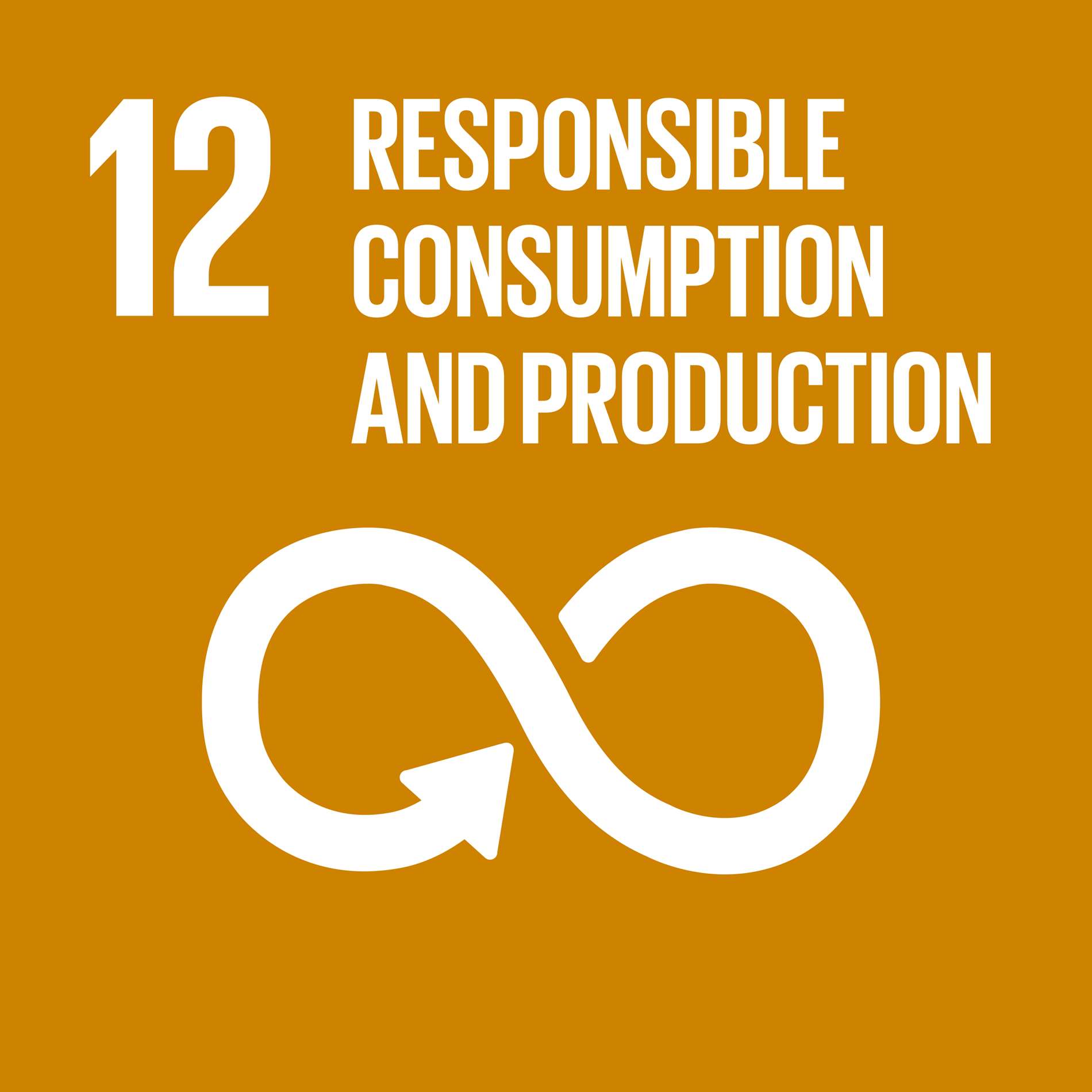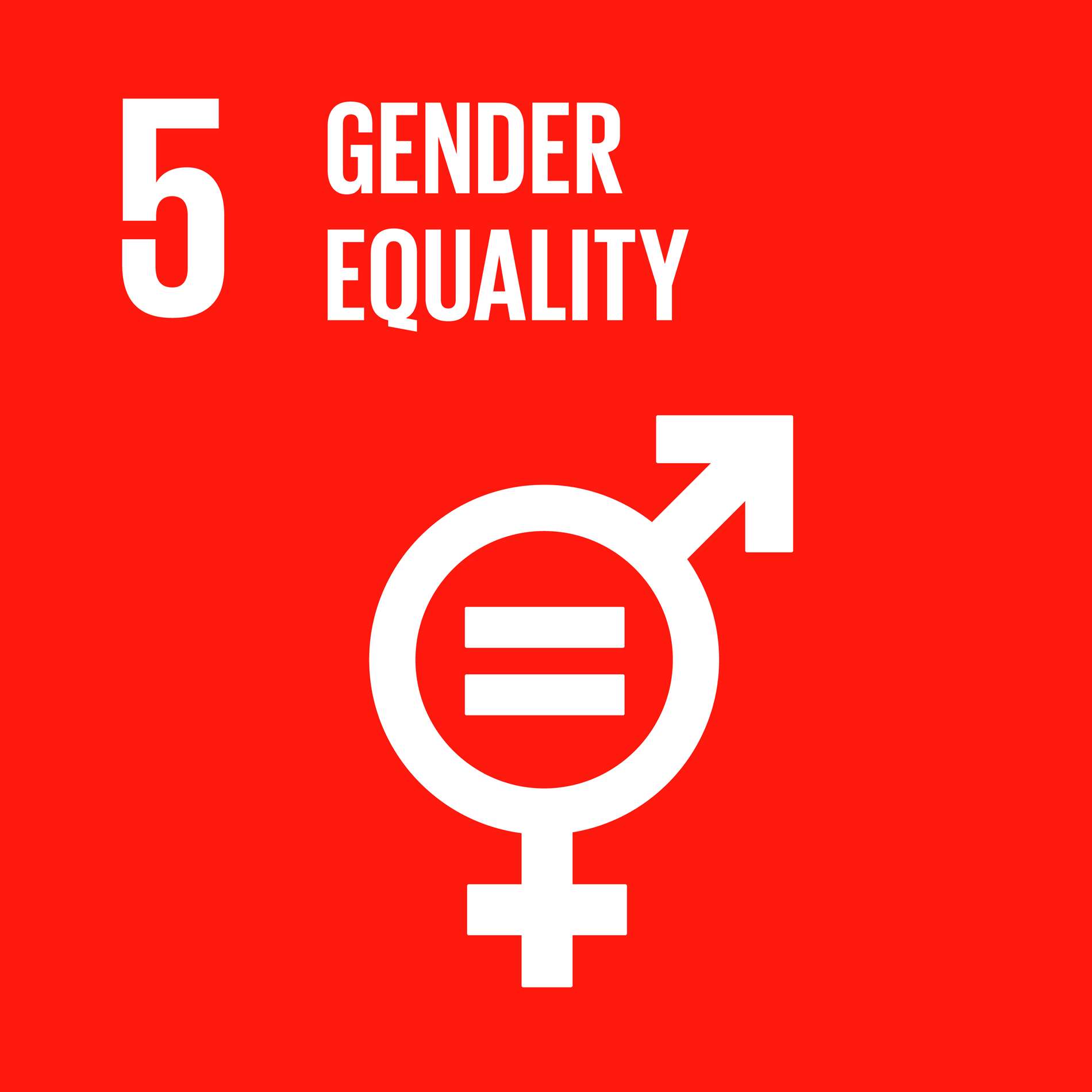- Interview CEO
- Vetropack Locations
- Market environment offering opportunities and challenges
- Business model
- Strategy 2030
- Management Structure
- Organisation
- col2
- Material Topics and Performance Review
- Customers and suppliers
- Finances
- Innovation and intellectual property
- Production and products
- Employees
- Environment
- col3
- New Design
- Financial Report
- col1
- At a Glance
- Financial Report Vetropack Group
- Consolidated Balance Sheet
- Consolidated Income Statement
- Consolidated Cash Flow Statement
- Changes in Consolidated Shareholders’ Equity
- Consolidation Principles
- Valuation Principles
- Notes
- Ownership Structure
- Company Participations
- Report of the statutory auditor on the consolidated financial statements
- Five Year Overview
- col2
- Financial Report Vetropack Holding Ltd
- Balance Sheet
- Income Statement
- Notes
- Board of Directors’ (BoD) Proposal for the Corporate Profit Appropriation
- Report of the statutory auditor on the financial statements
- Five Year Overview
- Corporate Governance
- col1
- Introduction
- Board of Directors
- MB Members
- Remuneration and Additional Information
- Shareholders’ Participation Rights
- Auditors
- Information Policy
- General blocking periods
- Contact Address
- Remuneration Report
- col1
- Introduction
- Principles of the Remuneration Scheme and its Components
- Organisation and Authorities for Determining Remuneration
- Description of the Remuneration Components
- Board of Director’s Remuneration
- Management Board’s Remuneration
- Comparison of Remuneration disbursed with the Remuneration approved by the 2021 and 2022 Annual General Assembly
- Shareholdings
- Report of the statutory auditor on the remuneration report
- Sustainability Report
- col1
- Sustainability Report
- Customers and suppliers
- Finances
- Innovation and intellectual property
- Production and products
- Employees
- Environment
- col2
- Customers and suppliers
- Finances
- Innovation and intellectual property
- Production and products
- Employees
- Environment
- Innovation strategy and portfolio
- Learning organisation
- Investments in underdeveloped countries in Europe (such as the Republic of Moldova)
- Integration of local suppliers into the supply chain, especially in underdeveloped countries
- Creation of an innovation centre as a focus for innovation and research
- Collaboration with research centres and industry participants in order to work together to drive forward innovation
- Establishment of a technical group organisation that reflects the Group’s strategic focus in order to guarantee optimal production output and product quality in line with pre-defined standards
- Expansion of the innovation centre at the Pöchlarn site (AT)
- Energy efficiency and renewables
- Minimal carbon emissions, waste and water consumption
- 30% reduction in CO2 emissions by 2030 compared with 2019.
- Conversion to «green electricity» by 2025
- Substantial medium-term investment which will contribute to CO2 reduction
- Increasingly shifting external transport from road to rail
- CO2-neutral internal transport
- Decreasing water footprint
- Reducing waste
- Austrian plants connected to the energy management system
- Installation of a new furnace at the glass works in Hum na Sutli in Croatia. This will allow specific energy consumption to be cut by 15%. This also resulted in a corresponding reduction in CO2 emissions
- Sustainable products
- Recycling used glass
- Improving recycling in the value chain
- Increasing the percentage of used glass from 53% to 70%
- Developing a Group-wide recycling concept to increase the percentage of used glass, make the recycling of used glass more efficient and reduce the distances over which used glass is transported
- Attractive employer
- Identification and elimination of gender-specific pay gaps
- Promoting a balance of women and men in decision-making processes
- At least 20% more women in decision-making positions by 2030
- Increasing the proportion of women in Vetropack’s talent pool by 40% by 2030
- Creating a working environment that promotes a culture of diversity at all levels
- Appointment of three new female managers to run Group functions
- Review of appointment and promotion processes to guarantee an objective decision-making process and to minimise gender-specific differentiation for key selection processes
- Training all personnel managers with regard to the significance of diversity in the workforce to ensure awareness of this vital issue
Foundations for success
Material Topics, Contribution to the Sustainable Goals (SDGs) and Performance Review
Definition of the key financial and non-financial issues
For the third time, Vetropack Group provides comprehensive information on its financial and non-financial performance for the fiscal year 2021 within the framework of an Integrated Annual Report. The company defined the focus of its reporting in 2019 with a materiality analysis. Here, Vetropack evaluated which topics were particularly relevant for its stakeholders and for securing short-, medium- and long-term business success. The company also assessed which topics have a significant impact on sustainable development (economic, social and environmental).
Vetropack derived this process from the requirements of the Global Reporting Initiative (GRI), which requires the evaluation of stakeholder relevance and an assessment of impact. The evaluation of business relevance as a third dimension ensures that the material topics are closely linked with the core business. The process is therefore also compatible with the recommendations of the International Integrated Reporting Council (IIRC).
In defining the material topics, Vetropack used the following dimensions based on the six capitals of the IIRC to evaluate topics in various areas:
The topics were in 2020 evaluated in a workshop with the extended Group Management and additional managers from various divisions with responsibility for the topics in question. They brought an in-depth understanding of the concerns of different stakeholder groups, meaning that external perspectives were considered indirectly. The findings of the workshop were validated by the CEO and external specialists.
The resulting material topics are presented in the following matrix. It provides Vetropack with the basis for the strategic focus and structure of the reporting. Accordingly, the “Performance Review” and “Sustainability Report” chapters of the 2021 Integrated Annual Report are divided on the basis of the above-mentioned six dimensions.
This page contains information on the following GRI disclosures: 102-46, 102-49.
This page contains information on the following GRI disclosure: 102-47.
Contribution to the United Nations’ Sustainable Development Goals (SDGs)
Vetropack uses the 17 Sustainable Development Goals (SDGs) of the United Nations (UN) as a reference system to embed the effects of its own business activity on the environment and society within the context of global sustainable development.
Four of the 17 SDGs in total are of particular relevance for Vetropack. The company sees them as offering the greatest leverage for making a significant contribution: SDG 9 (Industry, Innovation and Infrastructure), SDG 13 (Climate Action), SDG 12 (Responsible Consumption and Production) and SDG 5 (Gender Equality).
Contribution to SDG 9
Vetropack’s strategic focus is based on the core targets of creating a robust infrastructure and developing sustainable industrialisation in the least developed countries in Europe. The company’s investment programme will bring processes, equipment and technologies up to the latest technical standards to support sustainable industrialisation. Investment projects in the regions will promote a network of small companies around the glass works. All Vetropack Group’s glass works, its partners along the value chain and in its environment will benefit from the Group’s innovations and investments in various areas.
Aspect on which Vetropack has particular influence
9.2: Promote inclusive and sustainable industrialisation and, by 2030, significantly raise industry’s share of employment and gross domestic product, in line with national circumstances, and double its share in least developed countries
Material topics
Action areas and objectives
Progress in 2021
More information
Performance Review: Innovation and intellectual property
Build resilient infrastructure, promote inclusive and sustainable industrialization and foster innovation
Contribution to SDG 13
As a global industrial enterprise requiring considerable amounts of energy and resources, Vetropack has an environmental footprint. The company focuses its environmental commitment on climate protection.
Aspect on which Vetropack has particular influence
13.3: Improve education, awareness-raising and human and institutional capacity on climate change mitigation, adaptation, impact reduction and early warning
Material topics
Action areas and objectives
Progress in 2021
More information
Performance Review: EnvironmentSustainability report: Sustainable products, energy efficiency and renewables, minimal carbon emissions, waste and water consumption
Take urgent action to combat climate change and its impacts
Contribution to SDG 12
The global population currently consumes more resources than the ecosystems can provide. In addition to the consumption of resources, the waste resulting from this consumption constitutes another major global problem. Glass has numerous characteristics that can contribute to more sustainable consumption: fewer resources are consumed, less food is wasted and less waste is generated.
Aspect on which Vetropack has particular influence
12.2: By 2030, achieve the sustainable management and efficient use of natural resources
12.5: By 2030, substantially reduce waste generation through prevention, reduction, recycling and reuse
Material topics
Action areas and objectives
Progress in 2021
More information
Performance Review: Production and productsPerformance Review: Customers and suppliersSustainability report: Sustainable products, energy efficiency and renewables, minimal carbon emissions, waste and water consumption
Ensure sustainable consumption and production patterns
Contribution to SDG 5
As a company that is committed to a fully sustainable business policy, the elimination of gender-specific differences is an obligation. What’s more, ensuring gender equality has been proven to have a positive effect on economic success, productivity, competitiveness and levels of innovation. Traditionally, women are in the minority – at all levels of the hierarchy and in all job profiles – in the glass industry. Vetropack believes that there is enormous potential for change here.
Aspect on which Vetropack has particular influence
5.5: Ensure the full and effective participation of women and equal opportunities for leadership at all levels of decision-making in political, economic and public life
Material topics
Action areas and objectives
Progress in 2021
More information
Performance Review: Employees
Achieve gender equality and empower all women and girls
- Sustainability Report
- col1
- col1
- col1
- col1
- Material Topics and Performance Review